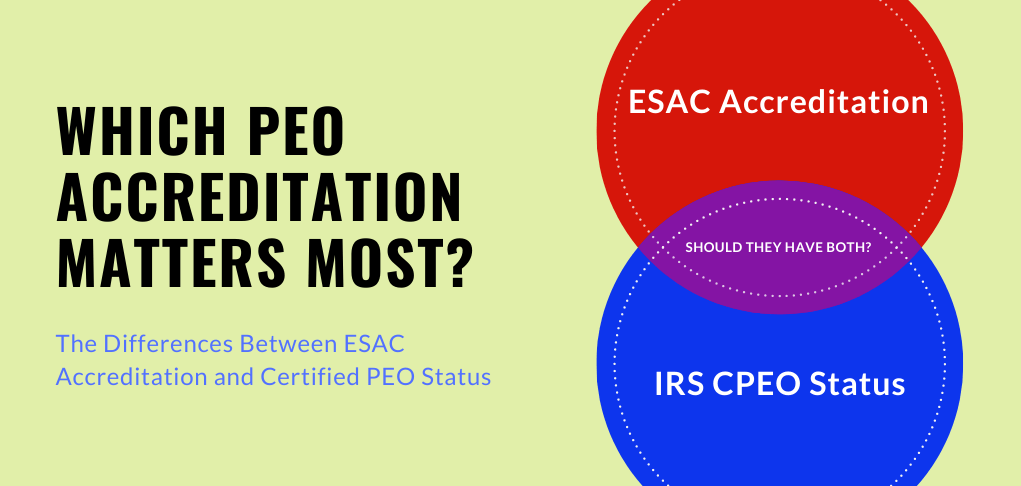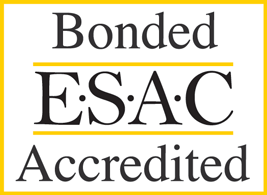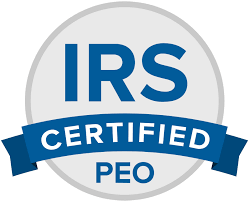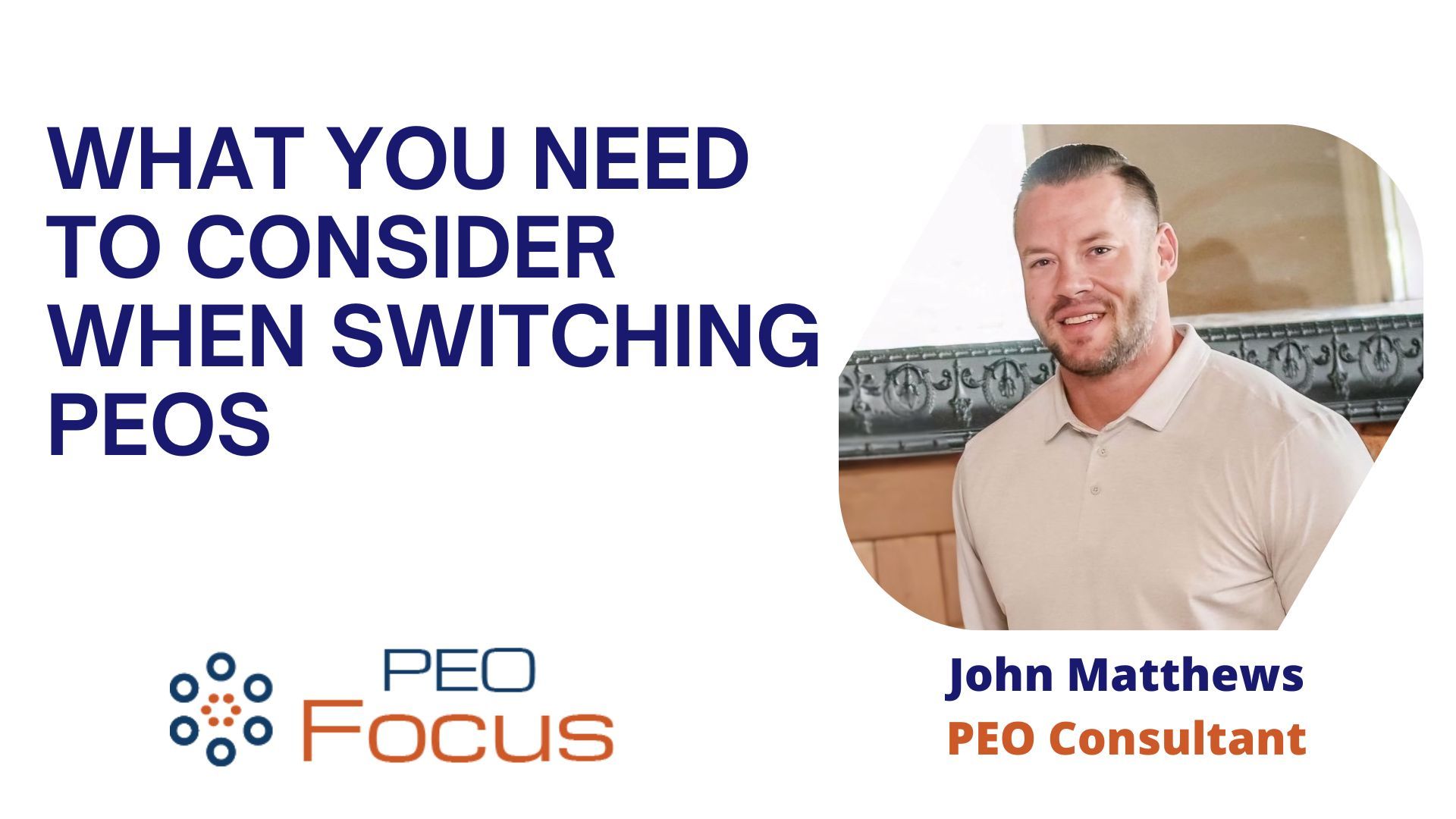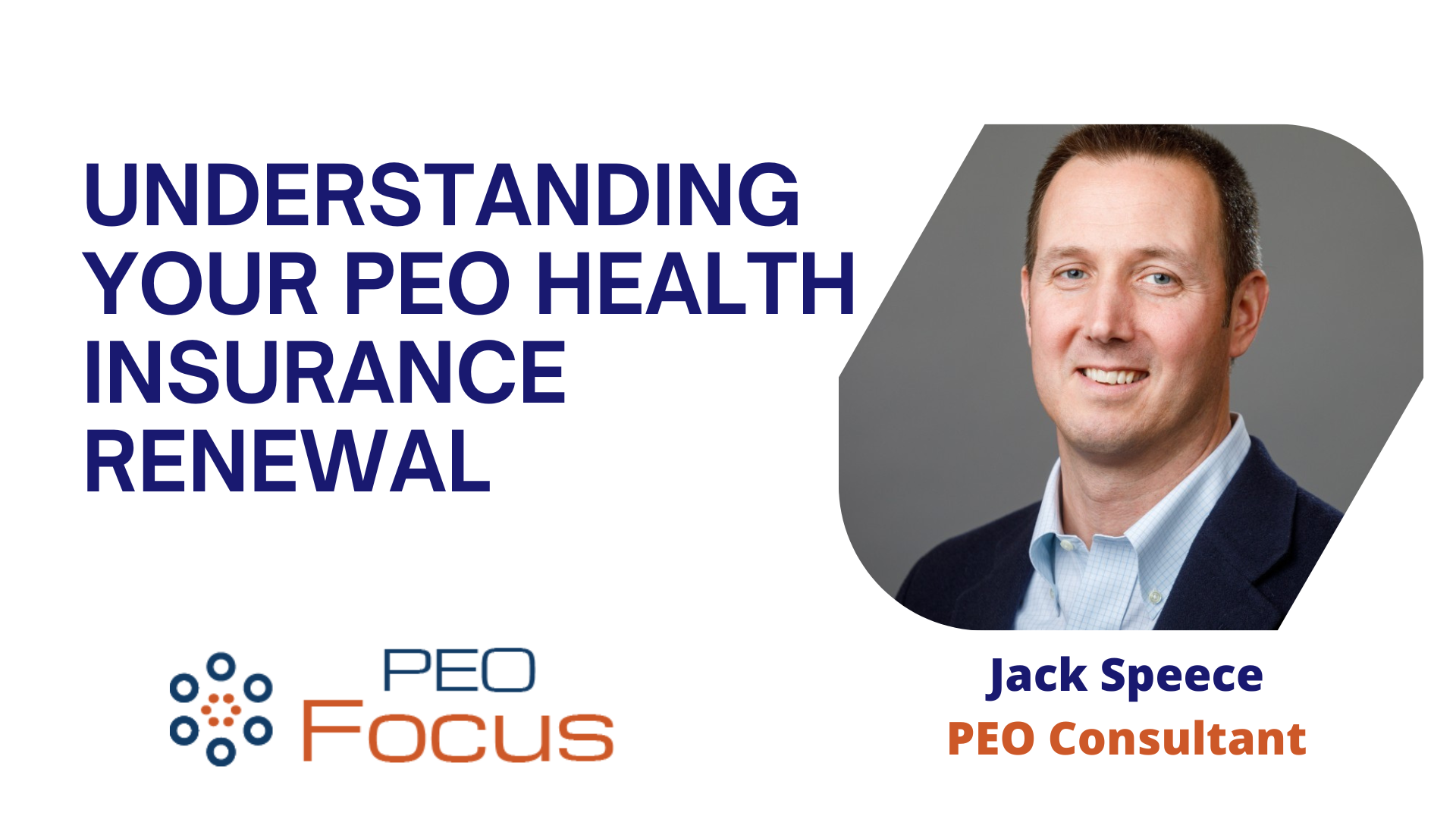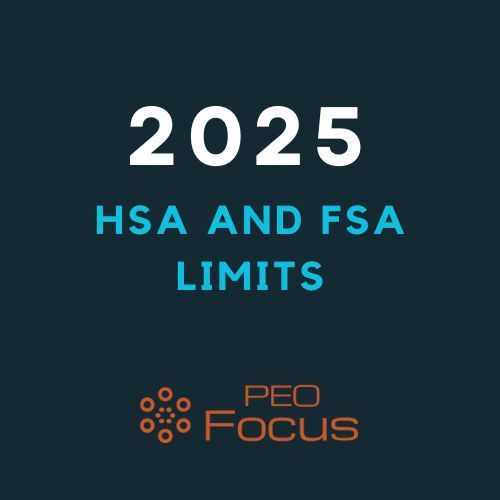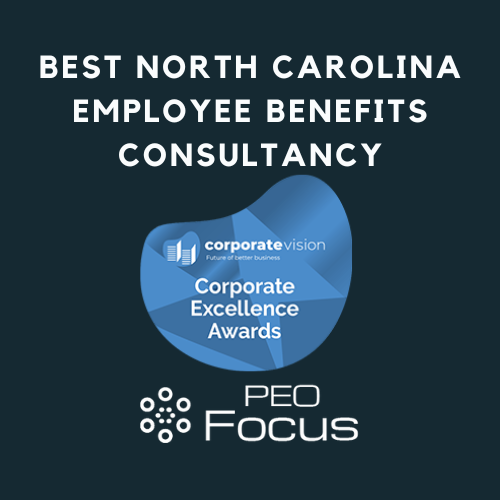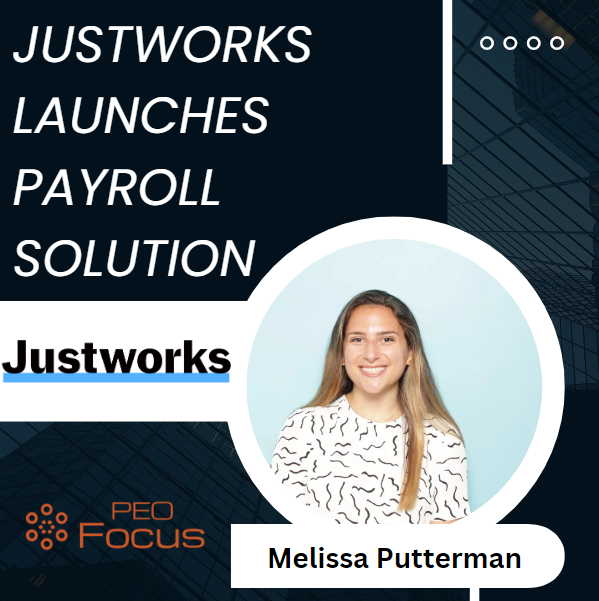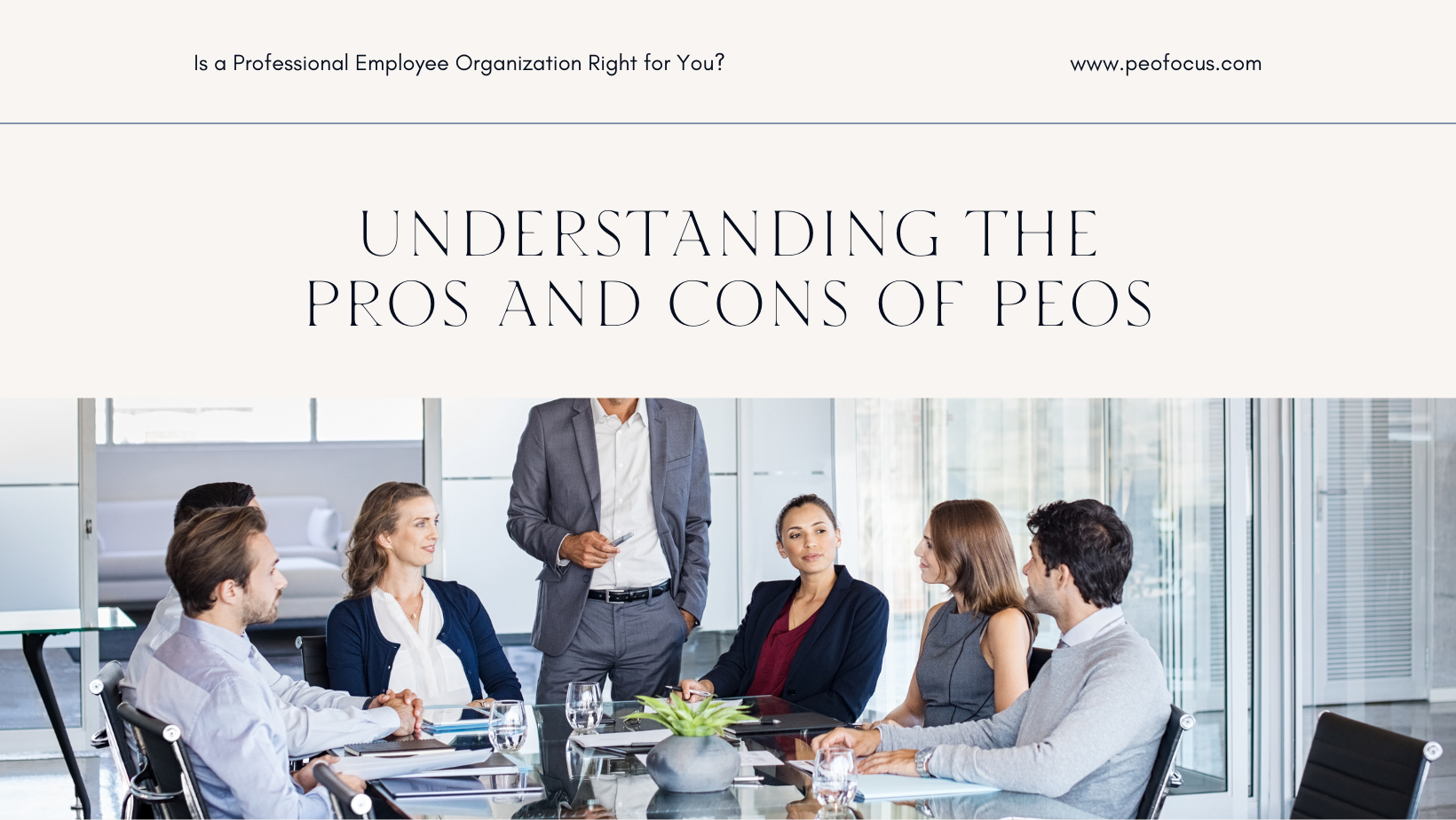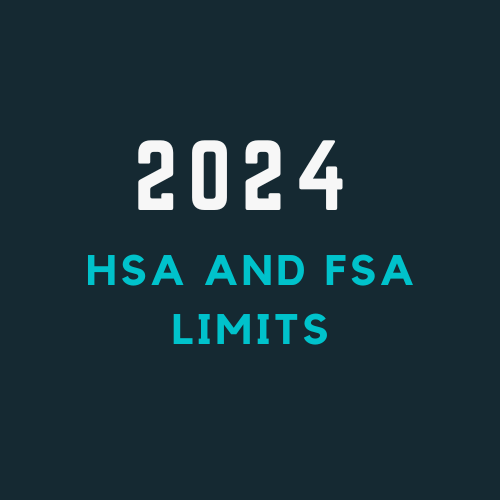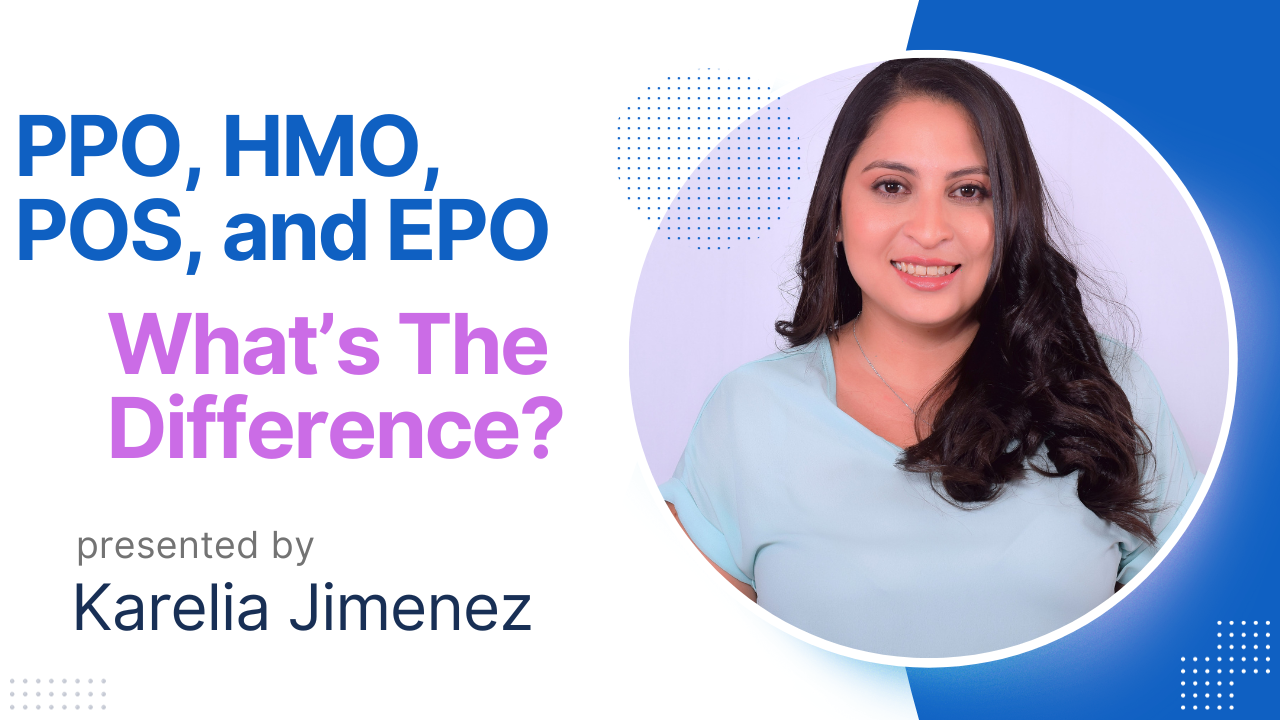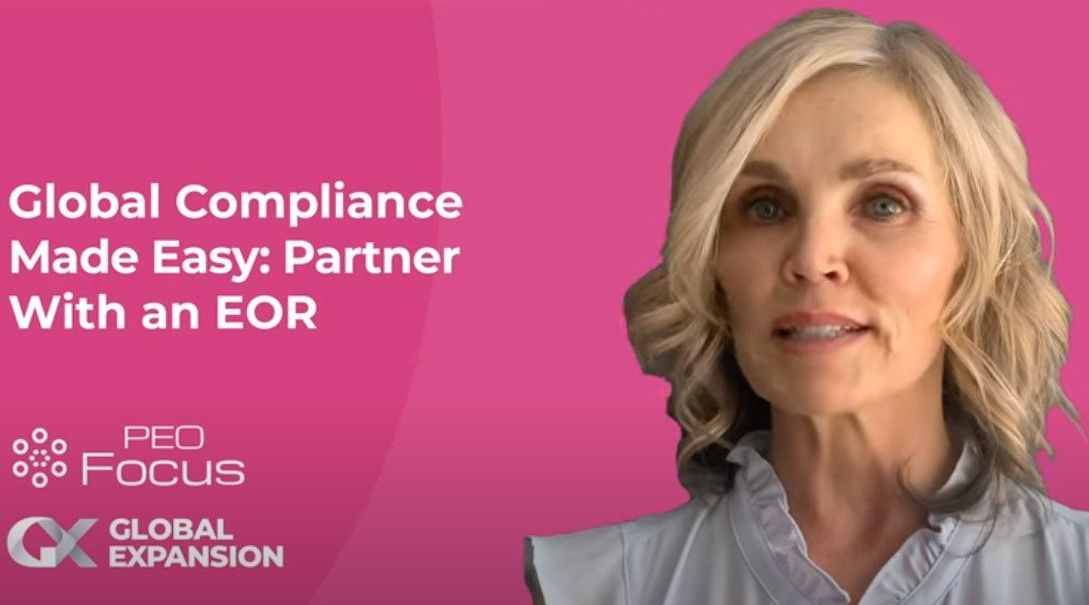The Employer Services Assurance Corporation (ESAC) was formed in 1995 to become the official accreditation and financial assurance organization for the PEO industry. Since then, its accreditation process has become the gold standard for upholding a PEO’s financial reliability.
ESAC vs. CPEO: Which Is More Important for PEO Clients?
Steven Frey, PEO Specialist at The Extensis Group • January 29, 2020
Exploring the Differences Between PEO Certifications
PEO Industry has over 900 Providers to Choose From
Built to offer outsourced HR solutions and boost cost-savings, most PEOs can end up feeling very similar if you do not know what to look for when attempting to identify the differences between them.
However, when you peel back the layers, there are two critical credentials you can look for that can provide some assurances when considering different PEO options: the
ESAC Accreditation by the Employer Services Assurance Corporation and the Certified Professional Employer Organization(CPEO) IRS designation.
What are the Differences Between ESAC and CPEO?
ESAC Accreditation
Gaining an ESAC accreditation requires compliance in more than 40 industry best practices. The goal here is to hold PEO’s accountable for financial stability, ethical business practices, and adherence to regulatory requirements. The agency focuses on both state and federal regulations when going through its approval processes to ensure that only the most thorough PEO groups are recognized as trustworthy service providers.
Once accredited, ESAC provides surety bonds to protect the payment of wages, payroll taxes, employee benefits, and insurance premiums for employers.
To maintain accreditation, PEOs are routinely monitored by ESAC to ensure compliance. This includes Quarterly Audits for those who are showing signs of strength and are not in danger of losing their accreditation in any area of their solutions. If a PEO finds itself in a position where they are in danger of falling short of any of the required guidelines then ESAC will increase these audits to a monthly status until the PEO has proven that it is no longer in danger of potentially losing its status as a top of the line PEO provider.
As of today only 5% of PEOs have earned the Certified ESAC distinction
Certified PEO Designation
Is the ESAC Accreditation or the CPEO Designation More Important?
Given the additional assurances businesses receive through ESAC and CPEO, you know that you are in great hands if you are able to find a PEO who actively holds both credentials. This provides peace of mind when it comes to all things payroll tax and compliance related.
While all PEO's will claim to be a vendor you can rely on, the acknowledgement of these groups allow for you to know that the PEO is recognized for not only embodying best practices, but for voluntarily having these practices audited.
Choosing a PEO is a critical decision and partnering with a group that is both ESAC accredited and CPEO Certified like
Extensis Group ensures employers are making the best possible choice for their employees while significantly lowering the financial risk and liability of the business.
That said, ESAC accreditation is a much more stringent process with a higher bar and between the two in our opinion carries the most weight. If you are considering partnering with a PEO that is not ESAC accredited then you are leaving yourself open to a multitude of potential future complications when it comes to compliance and payroll reliability.
Where to Find if a PEO is Accredited
According to the National Association of PEOs, professional employer organizations help their clients grow at higher rates and position them to have strategic advantages over businesses that don't. With careful consideration and proper due diligence, PEOs can be a very powerful partner for your business.
To see which PEO’s have the ESAC and CPEO designations, talk to a
PEO Consultant or visit:
To Contact the Author

